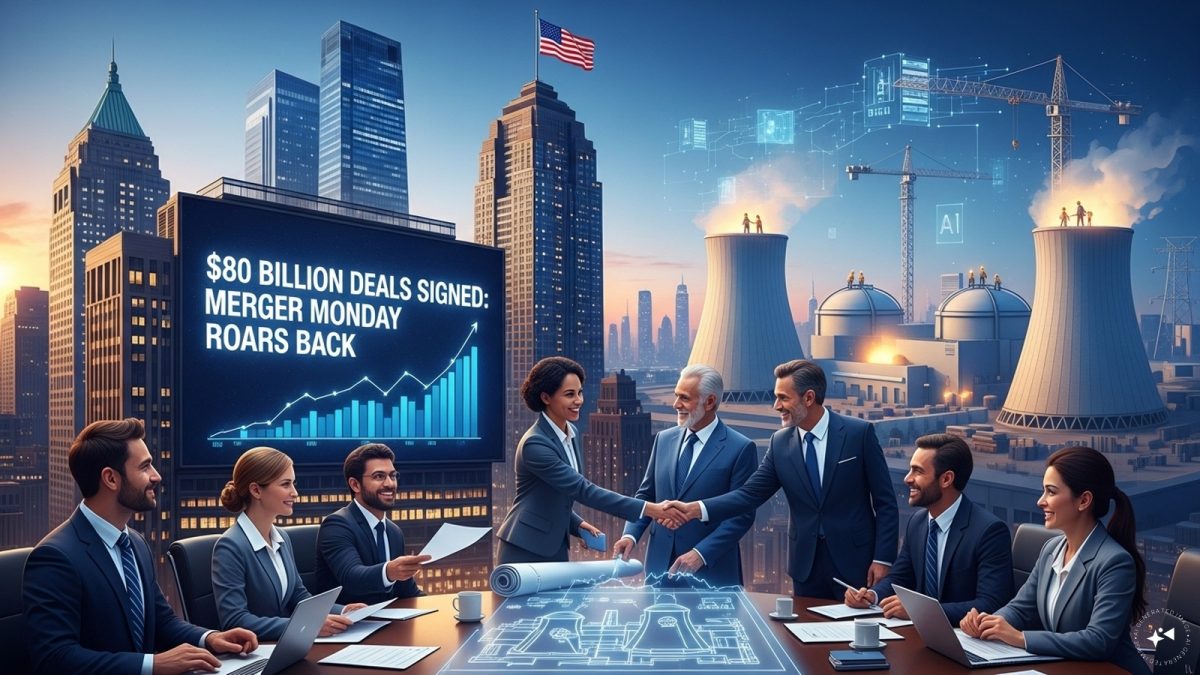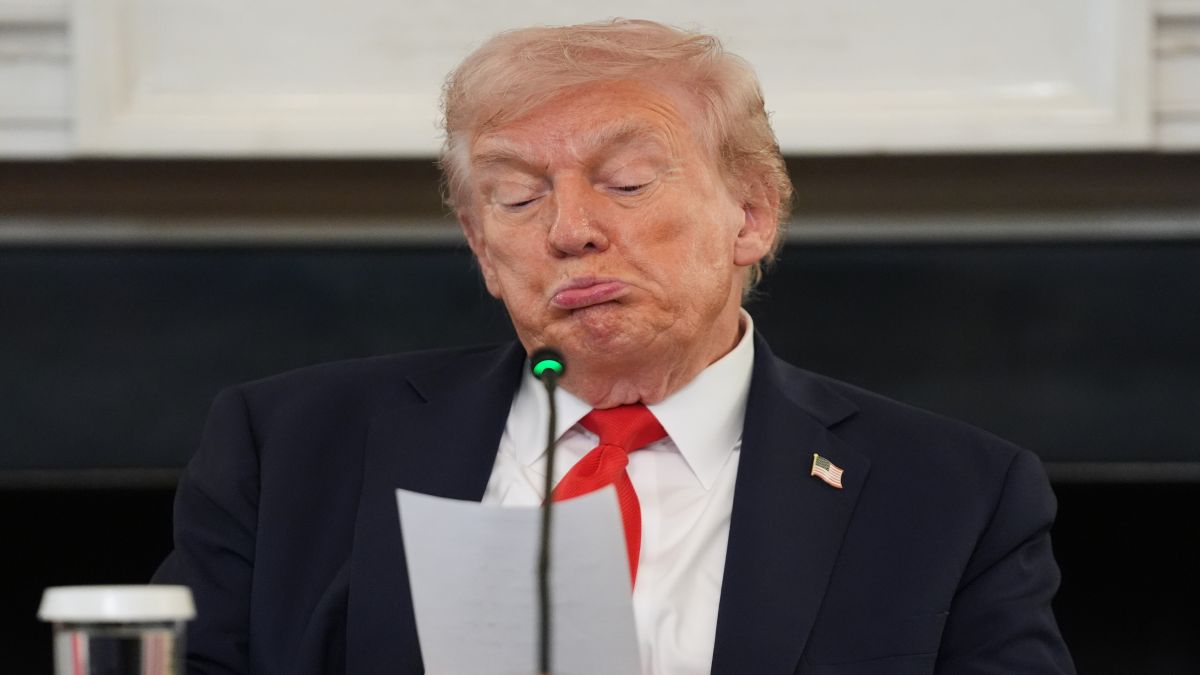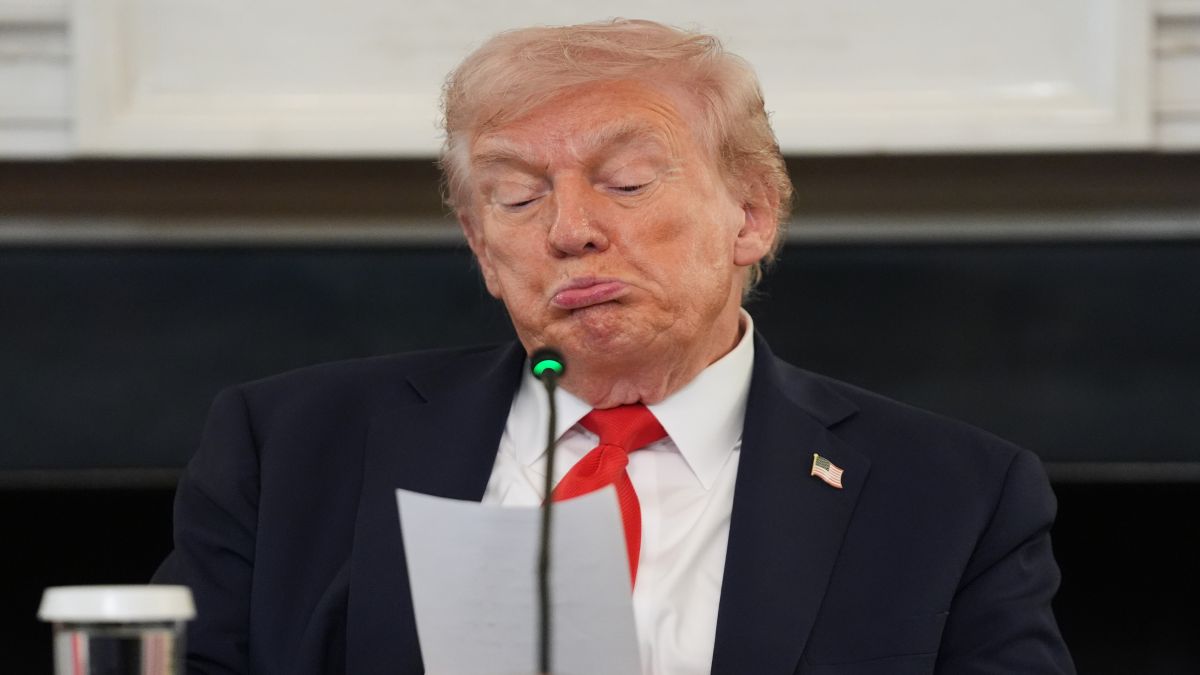US companies signed $80 billion worth of deals within 24 hours, signalling that mergers and acquisitions (M&A) are roaring back after months of hesitation caused by tariff-related uncertainty.
Dubbed ‘Merger Monday’ by the Financial Times, the development marks a strong rebound in corporate confidence and risk appetite. “Dealmaking breeds dealmaking,” one M&A lawyer told the paper, as optimism returns to Wall Street.
Tariffs no longer clouding sentiment
Earlier this year, the Liberation Day tariffs had rattled markets, prompting firms to hold back on large-scale mergers. But President Donald Trump’s lighter regulatory stance and a wave of corporate liquidity appear to have revived momentum.
While the total number of transactions in 2025 remains below last year’s tally, confidence and capital are again driving boardroom decisions, The Economist reported. Analysts say lower borrowing costs and stabilising trade policies are helping restore faith in long-term investments.
$80 bn nuclear deal underscores industrial revival
Among the biggest deals is the US government’s $80 billion agreement with Westinghouse Electric Co., a landmark partnership to build a new fleet of nuclear reactors. The deal — involving Brookfield Asset Management and Canadian uranium giant Cameco Corp — is part of Trump’s AI and energy dominance agenda, aimed at powering America’s growing artificial intelligence infrastructure while reducing reliance on China.
Under the agreement, Westinghouse, Cameco, and Brookfield will construct advanced reactors across the country, in one of the most ambitious atomic energy projects in decades. The plan is expected to create tens of thousands of jobs and boost clean energy capacity by 5 gigawatts by 2030, in line with Trump’s May executive order promoting nuclear expansion.
A clause in the deal allows Westinghouse to go public if it reaches a $30 billion valuation by January 2029, potentially granting the government a stake in the company.
AI-driven energy demand
The nuclear partnership reflects the growing demand for round-the-clock, carbon-free power from AI data centres and hyperscale computing hubs. Major tech firms like Google, Microsoft, and Amazon are already securing energy from next-generation nuclear sources such as fusion reactors and small modular reactors (SMRs).
Earlier this week, NextEra Energy and Google announced plans to restart an idle nuclear plant in Iowa, while Microsoft and Constellation Energy are reviving part of the Three Mile Island facility in Pennsylvania to power Microsoft’s data operations.
Trump’s ‘energy dominance’ push
The nuclear revival aligns with Trump’s “energy dominance” strategy, promoting nuclear, oil, gas, and coal expansion to secure America’s economic and strategic autonomy.
With global interest in nuclear energy surging, the US is positioning itself as a leader in advanced atomic technology, combining industrial renewal with energy security and AI-era innovation.
Impact Shorts
More ShortsAs The Economist observed, “Confidence and capital are back.” And with $80 billion in deals in just a day, America’s dealmaking machine is clearly running hot again.


)

)
)
)
)
)
)
)
)



